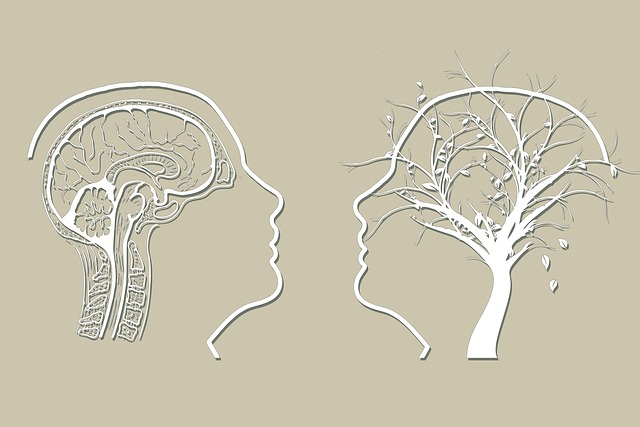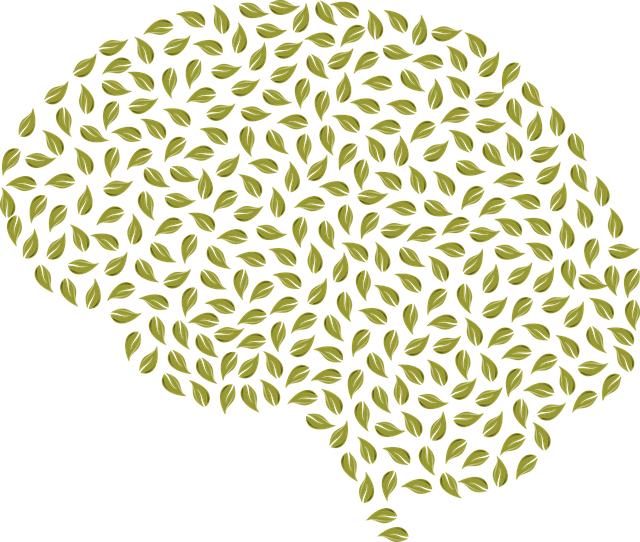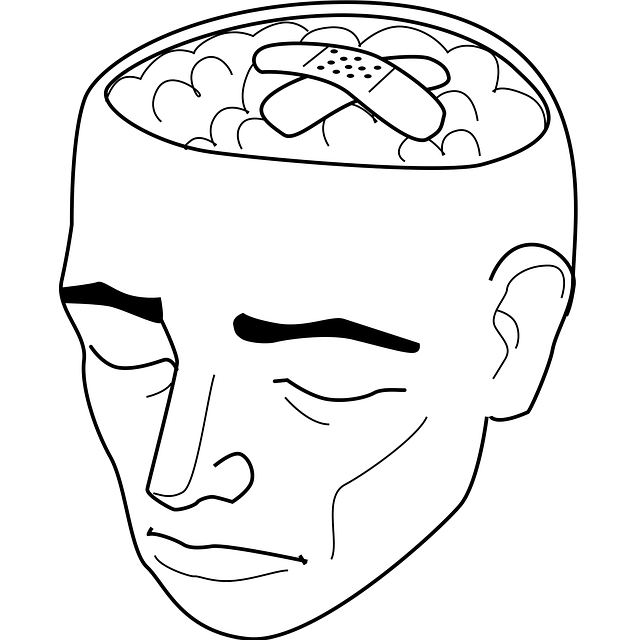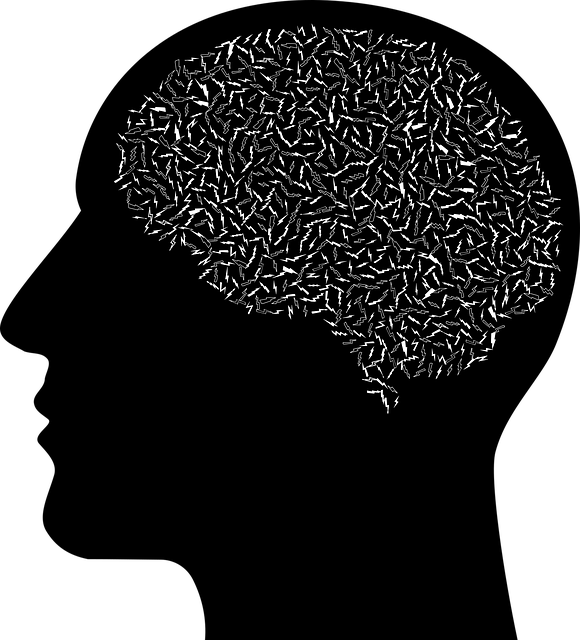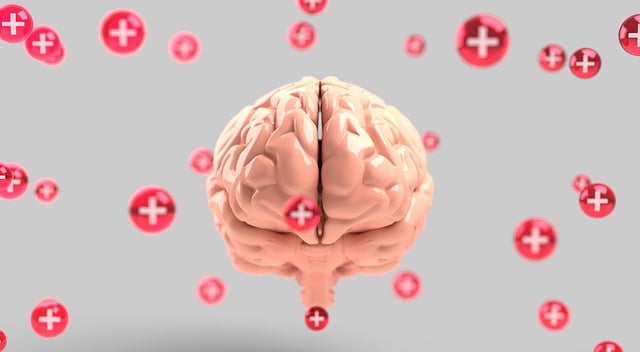Coping skills are crucial for children's mental health, especially in managing relationship challenges like peer difficulties, aggression, or low self-esteem. Therapy equips kids with tools like CBT and mindfulness exercises to process emotions, build inner strength, and enhance self-awareness through journaling. These strategies, combined with creative expression techniques, promote emotional well-being, resilience, and positive thinking, fostering better mental health outcomes and preparing children for adult life. Early intervention through therapy addresses relationship issues, empowering kids to navigate social interactions and challenges effectively.
Coping skills development is a cornerstone of children’s mental health, equipping them to navigate life’s challenges with resilience. This article delves into the essential components of fostering healthy coping mechanisms in young minds. We explore “Understanding Coping Skills,” highlighting its foundational role in child well-being. Additionally, we discuss identifying relationship issues that may surface, their impact on kids, and the transformative power of therapy as a tool to teach effective coping strategies. By examining practical techniques and building resilience, parents and caregivers can empower children to thrive.
- Understanding Coping Skills: A Foundation for Children's Mental Health
- Identifying Relationship Issues in Children and Their Impact
- The Role of Therapy in Teaching Effective Coping Strategies
- Practical Techniques to Enhance Coping Abilities in Kids
- Building Resilience: Long-term Benefits of Coping Skills Development
Understanding Coping Skills: A Foundation for Children's Mental Health

Coping skills are essential tools for children to navigate their emotions and challenges. Understanding these skills is a cornerstone in fostering children’s mental health. In today’s world, where public awareness campaigns aim to reduce the stigma surrounding mental illness, equipping kids with healthy coping mechanisms can be transformative. Therapy for children often incorporates teaching these skills, enabling them to express and manage their feelings effectively.
By integrating coping strategies into daily routines, children can develop resilience. Simple practices like journaling can serve as a creative outlet for self-expression, helping them process complex emotions. Mental wellness journaling exercise guidance is widely available, making it accessible for parents and educators to support young minds. These proactive measures contribute to the overall development of children, ensuring they have the tools to confront relationship issues and other mental health challenges head-on.
Identifying Relationship Issues in Children and Their Impact

Many children struggle with relationship issues that can significantly impact their overall well-being and development. These challenges often manifest as difficulties in connecting with peers, exhibiting aggressive behavior, or experiencing low self-esteem. Through therapy for children, professionals can help young individuals identify and process these underlying problems. By fostering inner strength development, children learn to navigate social interactions more effectively and build healthier relationships.
The impact of unresolved relationship issues can be profound, leading to long-term challenges in various aspects of life. This is where self-awareness exercises play a crucial role. Therapists guide children through activities that encourage them to recognize their emotions, understand the dynamics of their relationships, and develop coping mechanisms. Additionally, community outreach program implementation can provide a support system beyond therapy sessions, fostering a sense of belonging and promoting positive interactions with peers and adults.
The Role of Therapy in Teaching Effective Coping Strategies

Therapy plays a pivotal role in teaching children effective coping strategies, especially when addressing relationship issues that may be hindering their mental wellness. Through structured sessions, therapists create a safe and non-judgmental space for young individuals to explore and express their emotions. This therapeutic environment enables children to develop resilience by learning how to manage stress, anxiety, and difficult feelings constructively. Therapists utilize various techniques tailored to each child’s unique needs, such as cognitive-behavioral therapy (CBT) or play therapy, to foster healthy coping mechanisms.
In addition to direct guidance on specific coping skills development, therapists often incorporate activities like Mental Wellness Journaling Exercises. These exercises empower children to introspect, record their thoughts and feelings, and identify patterns in their emotional responses. By engaging in this process, kids gain valuable insights into their inner world, fostering self-awareness—a cornerstone of building resilience. Over time, the combination of therapy sessions and mental wellness journaling helps children develop robust coping skills that will serve them well throughout their lives.
Practical Techniques to Enhance Coping Abilities in Kids

Children’s ability to cope with life’s challenges can be significantly enhanced through practical techniques that promote emotional well-being and self-esteem improvement. One effective method is mindfulness training, which encourages kids to focus on the present moment, thereby reducing anxiety and stress. Simple breathing exercises and guided meditations, often incorporated into therapy for children dealing with relationship issues, can help calm their minds and bodies.
Additionally, teaching children emotional awareness and regulation skills through techniques like cognitive reframing and positive self-talk empowers them to navigate difficult situations. Engaging in creative outlets like art, music, or writing, as part of a mental wellness podcast series production, provides an outlet for expression and can be therapeutic for kids. These activities not only foster emotional well-being promotion techniques but also boost their self-expression and confidence, contributing to overall mental wellness.
Building Resilience: Long-term Benefits of Coping Skills Development

Building resilience is a key outcome of coping skills development, offering long-lasting benefits that extend far beyond the initial learning phase. When children are equipped with effective coping strategies, they develop a stronger sense of emotional healing processes, enabling them to navigate life’s challenges with greater ease. This enhanced resilience allows individuals to bounce back from setbacks and relationship issues, fostering a positive mindset and improved mental fortitude.
The benefits of such development transcend various aspects of life. It promotes better self-awareness exercises, empowering children to recognize and manage their emotions effectively. Furthermore, it contributes to emotional well-being promotion techniques, enabling them to maintain a sense of balance and harmony in their lives. These skills are invaluable, especially during childhood, as they lay the foundation for overall mental health and resilience in adulthood.
Coping skills development is a powerful tool for enhancing children’s mental health and resilience. By understanding the foundation of coping strategies, identifying relationship issues early on, and utilizing effective therapy techniques, parents and caregivers can play a pivotal role in fostering healthy adaptation in kids. This process not only equips children with practical tools to navigate challenges but also promotes long-term benefits, enabling them to build resilience and thrive in various aspects of life, especially when addressing relationship difficulties. Incorporating these strategies into daily routines can significantly contribute to the overall well-being of children and their ability to cope effectively.

